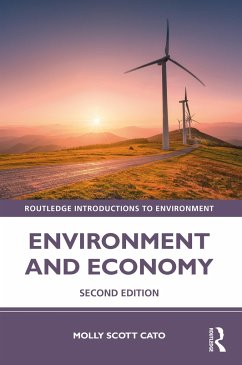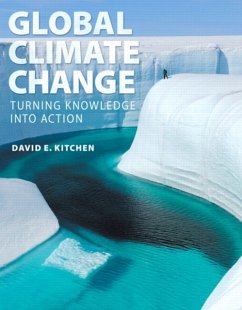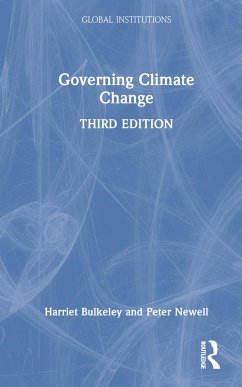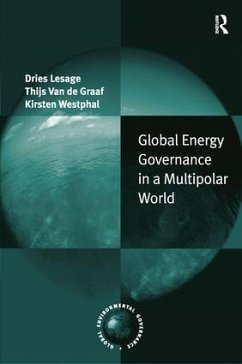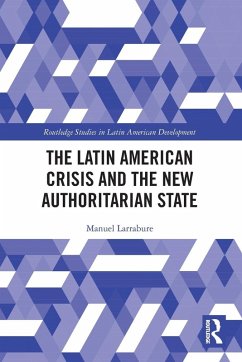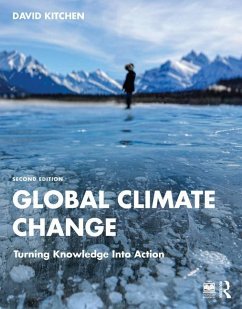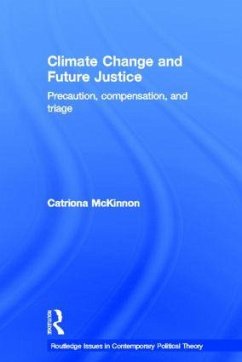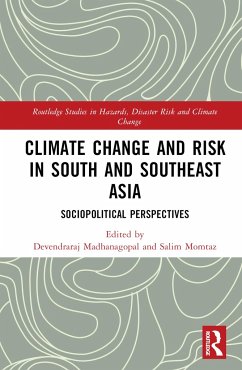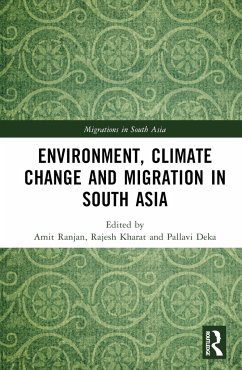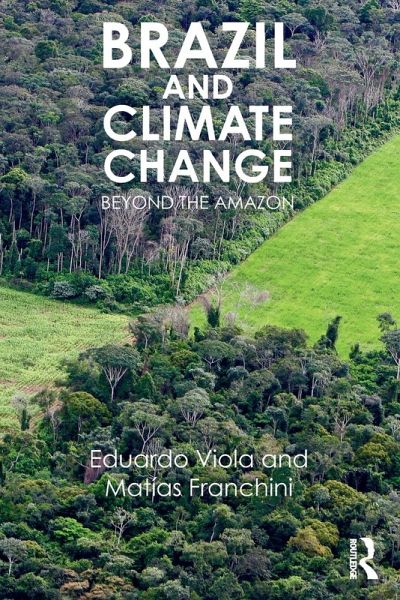
Brazil and Climate Change
Beyond the Amazon
Versandkostenfrei!
Versandfertig in 1-2 Wochen
55,99 €
inkl. MwSt.
Weitere Ausgaben:

PAYBACK Punkte
28 °P sammeln!
The authors, Eduardo Viola and Matà  as Franchini, expertly review and answer the most common and widely cited questions on whether and in which way Brazil is contributing to aggravate or mitigate the climate crisis.





